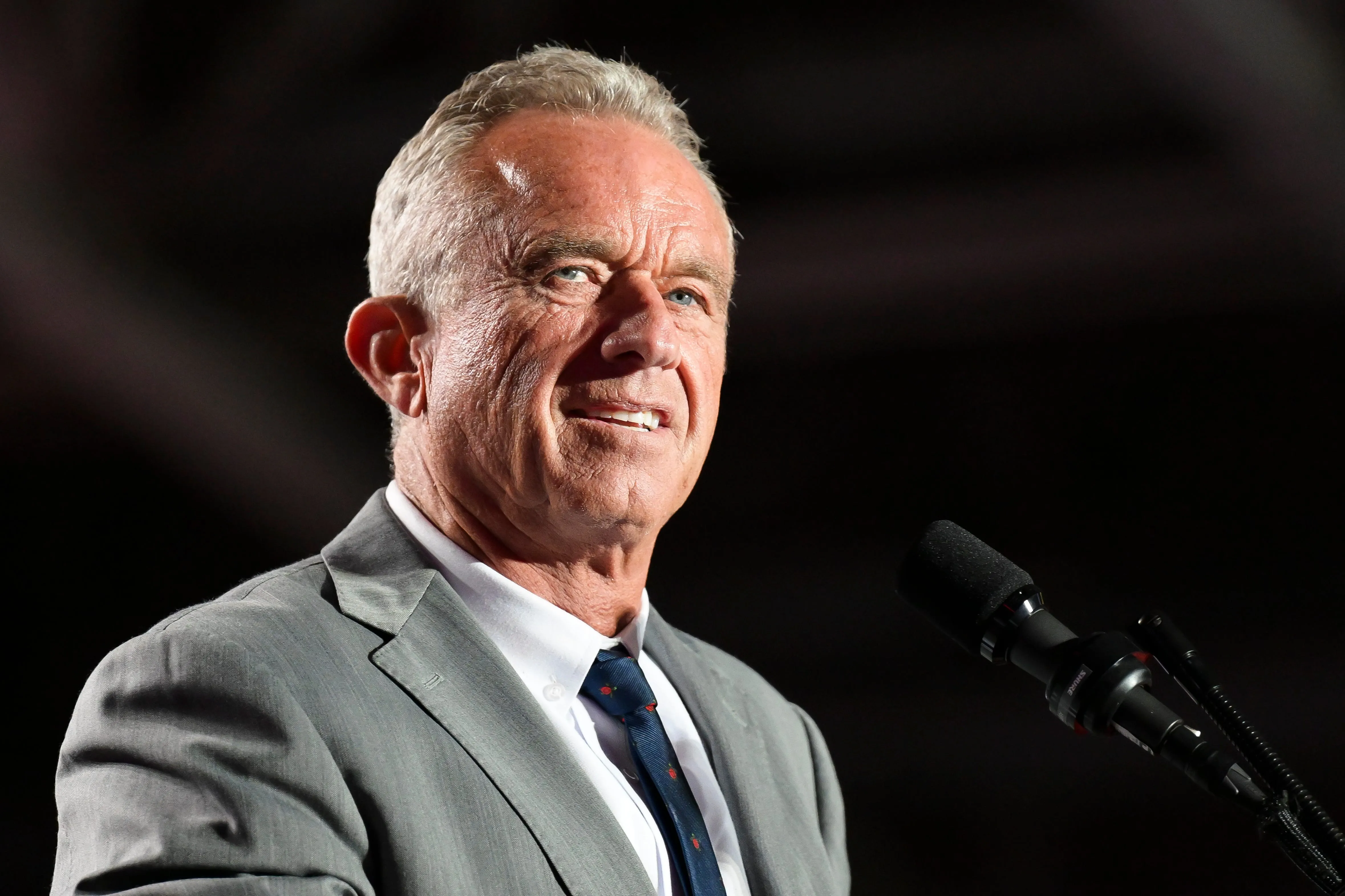Robert F. Kennedy Jr. Proposes Revolutionary Nutrition Policies to Transform American Food

Robert F. Kennedy Jr.'s Vision for Nutritional Reform
Robert F. Kennedy Jr. has taken a firm stance on transforming nutrition policy in America, specifically targeting the quality of food served in public institutions. He has stated that he would work to eliminate processed foods from school lunches 'immediately' if appointed in a potential second Trump administration.
Political Landscape and Health Policy
Current debates around nutrition reflect broader challenges faced by the Republican Party and the Democratic Party in addressing public health. The U.S. Food and Drug Administration plays a crucial role in regulating food safety, while political tensions often affect policymaking.
- Processed Food Out of School Lunches
- Health Policy Reform
- Nutrition Standards
Impact on Agriculture and American Diet
Kennedy's approach highlights the intersection of agriculture & forestry with nutrition, aiming to foster a healthier food environment for future generations. By addressing the issue of processed foods and emphasizing whole foods, Kennedy seeks to influence the landscape of American diets significantly.
Media Coverage and Public Response
The bold claims from Kennedy have stirred discussions across platforms like Fox News, where reactions have varied widely across political lines. His statements, while ambitious, reflect a growing concern over public health outcomes tied to dietary practices.
Disclaimer: The information provided on this site is for informational purposes only and is not intended as medical advice. We are not responsible for any actions taken based on the content of this site. Always consult a qualified healthcare provider for medical advice, diagnosis, and treatment. We source our news from reputable sources and provide links to the original articles. We do not endorse or assume responsibility for the accuracy of the information contained in external sources.
This article was prepared using information from open sources in accordance with the principles of Ethical Policy. The editorial team is not responsible for absolute accuracy, as it relies on data from the sources referenced.